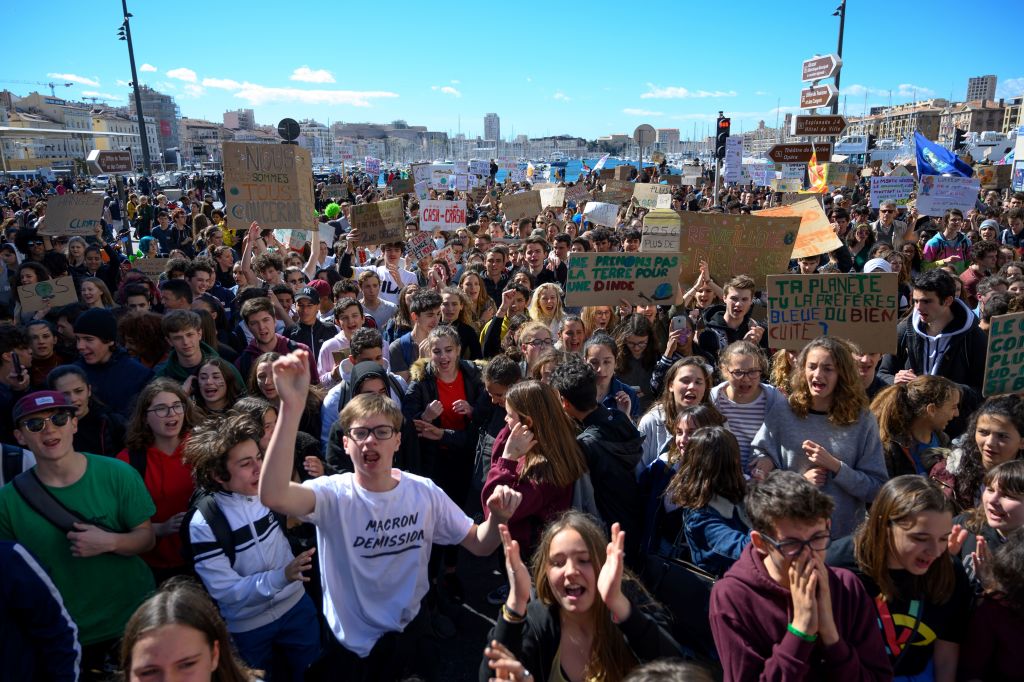In a letter sent to school-heads and school-boards by Amnesty International’s national offices in Canada, Hungary, Spain, New Zealand and the UK, Kumi Naidoo said:
“I believe that the cause for which these children are fighting is of such historic significance that I am writing to you today with a request to neither prevent nor punish your pupils from taking part in the global days of strikes planned for September 20 and 27.
“The climate emergency is the defining human rights issue for this generation of children. Its consequences will shape their lives in almost every way imaginable. The failure of most governments to act in the face of overwhelming scientific evidence is arguably the biggest inter-generational human rights violation in history.”
Youth activists from 115 countries plan to stage climate protests from September 20-27, with the main mobilization day set for Friday, September 20. There are more than 2,400 events planned in 1,000 cities around the world.
In the letter, Kumi Naidoo requests school educators to remember that by taking part in the strikes, children are exercising their human rights to freedom of expression, peaceful assembly, and to have a say in decisions and matters that affect their lives.
He also shared his own personal experience of being expelled from school, aged 15, for organizing an anti-apartheid protest at his school in Durban, South Africa:
“This setback redoubled my commitment to learning, and thankfully I was able to complete my studies and ultimately take up the role I have the honor of holding today. But I also had something that children of this generation do not have: the chance to imagine a future that is not overshadowed by the prospect of a climate emergency.
My experience also informed my strong belief that children should not be punished for speaking out about the great injustices of our age. In fact, when it has fallen on young people to show the leadership that many adults who hold great positions of power have failed to, it is not young people’s behavior we should be questioning. It is ours.”

